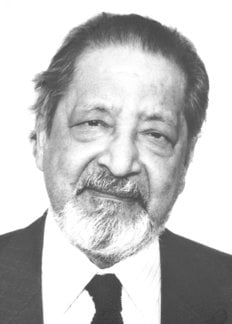Nobel laureate VS Naipaul left for his heavenly abode at the age of 85. He is famous for his stern views on India's working and the comparisons he made between us and the western civilization. Right from his teenage he had developed a certain distaste for the Indian ethics. For nearly a year he traveled India to gain information about his book. His trip to India, certainly left a deep negative impact on him. As he witnessed lack of maintenance at public places, poverty stricken people everywhere - for a man who grew up in abroad, all these factors within five years of India's independence was shocking - and finally, his witnessing of caste division. He firmly believed that our Indian government and customs were responsible for abstaining India from growth. His book 'Area of darkness' dealt with these matters in an unrefined way. Though the book was banned, his next book 'India: A wounded civilization' was a strong comeback of the former book. He pored his obsessions of western civilization with that of India in his book. He went on to the extent of criticizing Hinduism also with the times of loss that India had faced in the past. His writings are in general, extremely Hinduist. He fails to analyse, examine and inquire his writings. He uses caste as the ultimate explanation to every statement he makes. Being an outsider, his views on India, blooming with billions of people, are malevolent views.
VS Naipaul
On the other hand, poets like Nizzim Eziekel cherish the Indian cultures and see the hatred, as of Naipaul, is a conventional way that is carried on for generations. He sees India growing disregarding the drawbacks of poverty, population. Authors like Nirad Chaudhuri also gave views on India in his autobiography 'An unknown Indian' which stirred Indian intellectuals and illuminatingly affected western reader. He narrated the bitter truth about India giving proper justifications unlike Naipaul who backed on the reason of caste only. Even Naipaul regarded the book as the best account for penetration of the Indian mind by the western civilization.
Though Naipaul showcased the orthodox problems in India but he more crticised the principles and the people of the nation. Even though his predictions were true but we must not blindly follow his legacy. Keeping up our customs and traditions, we must try to resolve the issues portrayed by Naipaul on various occasions.


Comments
Post a Comment